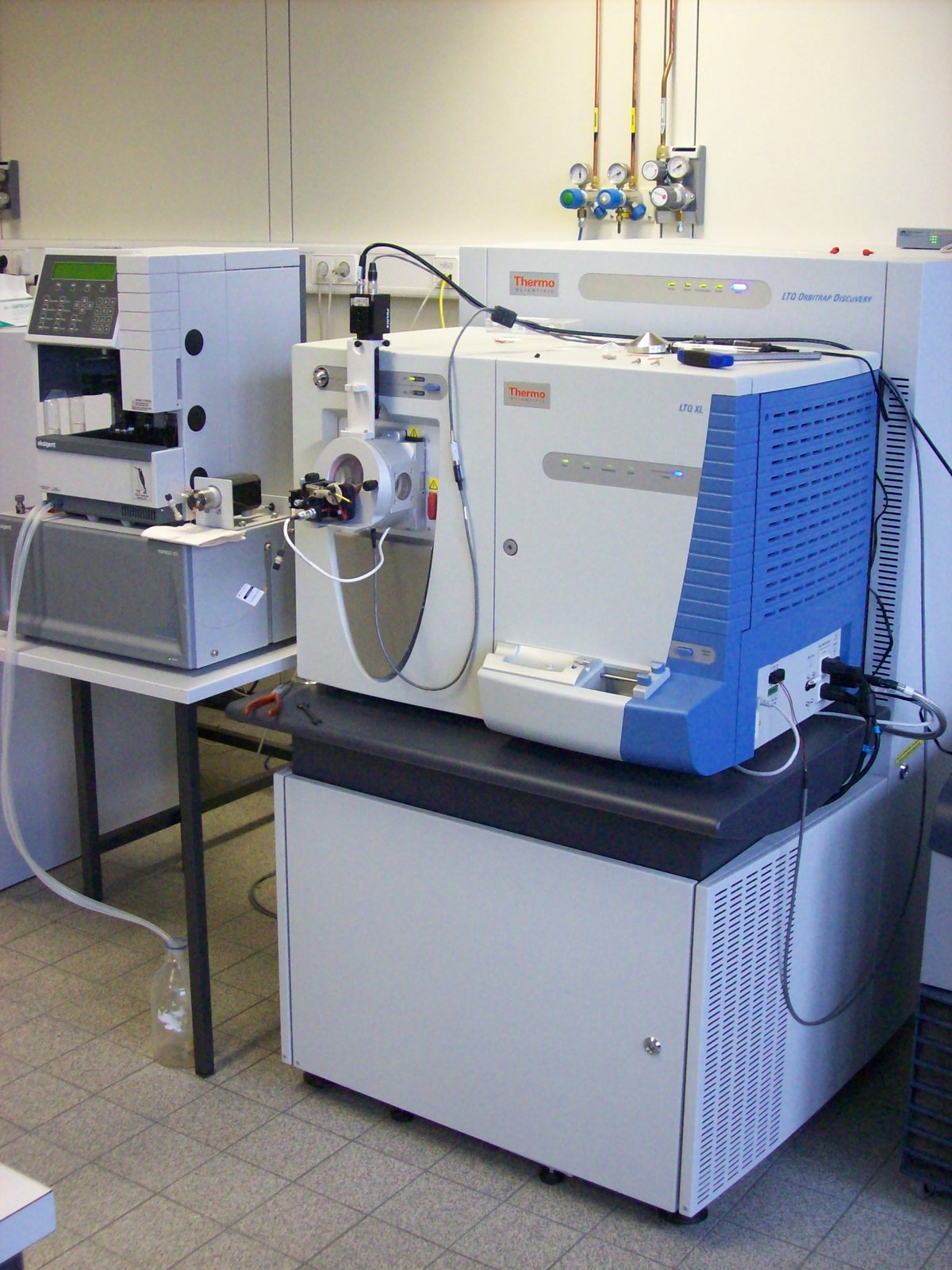Research

The main goal of our facility is to provide mass spectrometric services for internal and external users. Therefore, we always try to optimize existing mass spectrometric techniques and implement new methods, depending on customer’s request.
But additional to the general services we are always working on different research topics. One of these topics deals with ubiquitin, a small molecule which has numerous functions in cells. The most prominent one is that it targets proteins for their proteasomal degradation. To this purpose, the proteins are covalently modified with a poly-ubiquitin chain. This targeting is caused by the interplay of three different enzymes, E1 (activating enzyme), E2 (conjugating enzyme) and E3 (ligase). The E3 ligase is of particular interest, because it is binding the substrate, which has to be degraded. In our research with address several questions regarding the ubiquitin-proteasome system:
1. Optimization of protocols for the mass spectrometric identification of substrates for different E3 ligases
2. Characterization of the chain architecture of ubiquitin chains with different ligases/substrates
3. Identification of the attachment sites of ubiquitin chains in the substrate molecules (is there a sequence motif?)
Another research topic is the use of chemical modifications for a deeper characterization of proteins. For each polar amino acid there are several substances (small molecules), which can specifically modify these amino acids. A well-known example is the acetylation of lysine residues (or, in general, amino groups). We are trying to use these modifications e.g. for (i) enhancing the primary structure characterization of proteins by mass spectrometry or (ii) the optimization of the identification of non-covalent complexes (epitope mapping).

